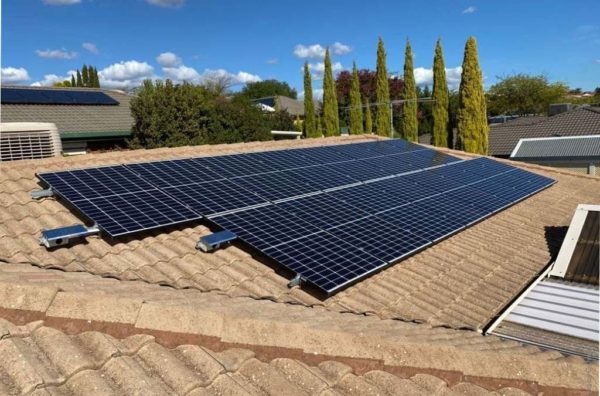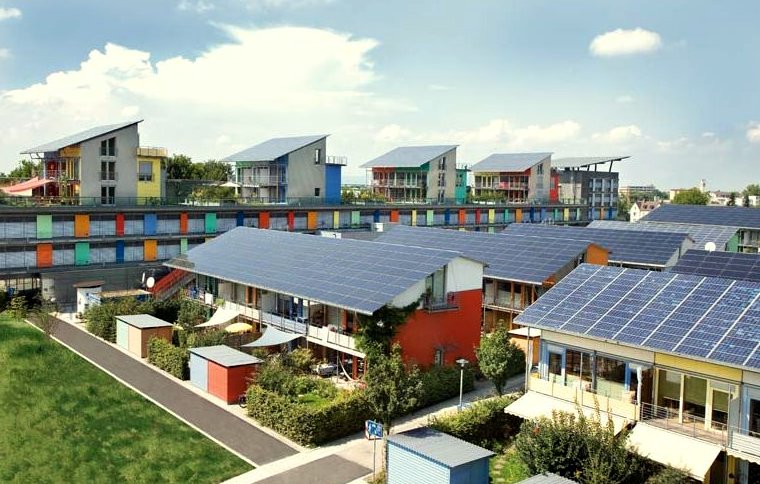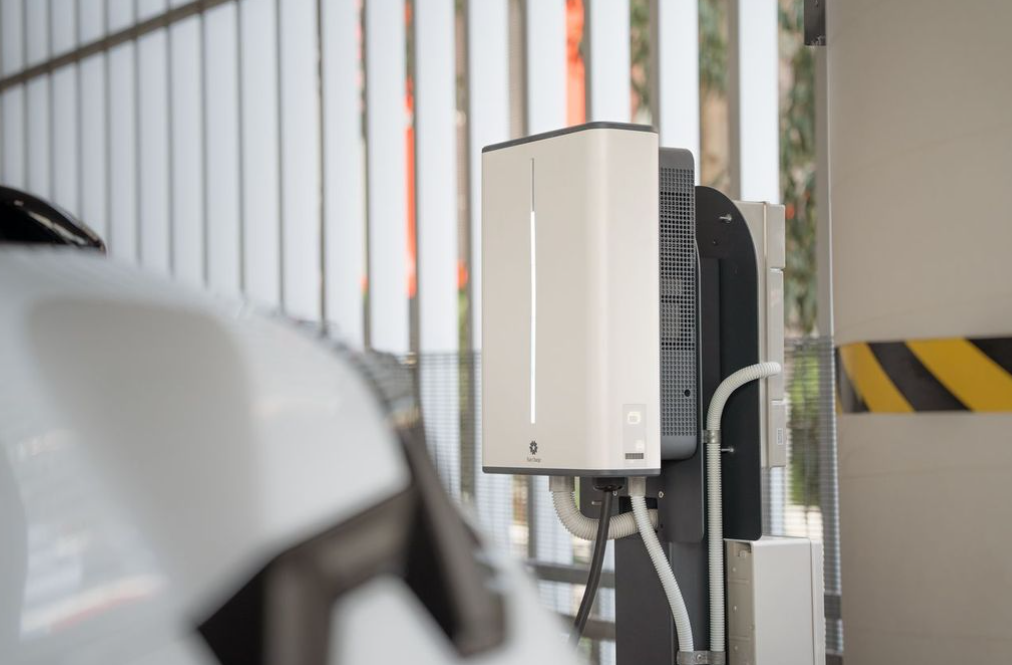The Melbourne-based Vic Solar Technologies has been fined $3 million after the Federal Court of Australia found it guilty of multiple breaches of Australian Consumer Law, including making misleading representations to consumers, failing to comply with legal protections for unsolicited consumer agreements and engaging in unconscionable conduct.
Vic Solar’s sole director, Sunny Srinivasan, 31, of Southbank, was hit with a $450,000 fine and disqualified from being a director of any company for five years for his role in the scheme which targeted more than 4,000 customers and delivered the company an estimated $21.4 million over a four-and-a-half-year period.
Vic Solar, which went into administration on November 19, used people employed by third parties to generate sales leads by knocking on homeowners’ doors, advertised a false ‘community bulk-buy’ of solar PV systems and used the details of those who registered interest to engage in door-to-door sales that breached unsolicited consumer agreement laws.
In his decision, Justice O’Bryan said the breaches were “very serious” contraventions”, labelling the company’s business model as “predatory” and “unfair”.
“The contraventions of the Australian Consumer Law in which Mr Srinivasan was involved were serious breaches of the law,” he said.
“The contraventions were at the centre of Vic Solar’s business model which I found involved trickery and sharp practice, illegality and taking advantage of consumers in their homes when they are more vulnerable to such practice.”

Image: EnergyStorageDirect
Justice O’Bryan said from June 2014 to December 2018 Vic Solar had engaged in a wide range of contravening conduct in connection with the sale of solar PV systems to residential households.
“In that period, Vic Solar entered into around 4,300 contracts for the supply of solar PV systems through its system of door-to-door lead generation,” he said.
“(The) respondents’ contravening conduct should be characterised as deliberate. It was a central part of Vic Solar’s trading strategy to target consumers in their homes.
“Those misrepresentations were made many thousands of times.”
The court also heard the prices Vic Solar charged for its solar PV systems were above average for systems of similar quality. Witnesses told the court they had paid between $5,500 and $13,500 for solar PV systems while the median market price for systems of equivalent quality were at least $1,000 less and up to $6,000 less (for the higher priced systems).
Justice O’Bryan said Vic Solar had produced only “piecemeal and incomplete” financial records but estimates suggest the company generated at least $21.4 million from the sale of residential solar PV systems in the period from June 30, 2016 to June 30, 2018 alone.
“Based on the evidence … it is possible that the contravening conduct enabled Vic Solar to levy charges that were thousands of dollars higher than prevailing market prices,” Justice O’Bryan said.
“The consumer loss, across all of the sales made by Vic Solar, was therefore potentially in the millions of dollars. It is not possible, though, to be more precise.”
Srinivasan did not participate in the proceeding and Justice O’Bryan said there had been “no evidence of contrition on the part of either respondent”.
Minister for Consumer Affairs Victoria Melissa Horne said the case served as timely reminder for businesses considering these types of sales tactics.
“We won’t tolerate dodgy sales practices in Victoria, and this strong outcome puts companies doing the wrong thing on notice that they’ll be held accountable,” she said.
“Helping Victorians to save on energy bills by going solar is a key priority for the government, and consumers should be able to investigate installing panels without the risk of being misled or ripped off.”
Horne said consumers should be alert to aggressive sales techniques and to contact Consumer Affairs Victoria if they felt they were being treated unfairly by a business.
Taskforce to target installers
The decision coincided with the Clean Energy Regulator (CER) officially launching a taskforce to target installers accredited by the Clean Energy Council (CEC) who make false statements in relation to small-scale technology certificate (STC) eligibility.
The CER said it had developed a sophisticated analytical model to identify installers deemed unlikely to have been on-site in accordance with the CEC install and supervise guidelines.
The guidelines dictate a CEC accredited installer must either undertake the installation or supervise the installation by others. If the accredited person is supervising the installation by others, they must physically attend the site during job set up, mid-installation check-up and testing and commissioning.
CEC accredited installers may be asked to prove they attended the site at all relevant stages of the installation. This could include photographic identification of the accredited installer (with time and date metadata or geo-location data) during installation job set-up, mid-installation check-up, and testing and commissioning stages.
The CER said action can be taken against installers who make false statements regarding their on-site attendance, including cancellation of their accreditation, revocation of their electrical licence and civil proceedings or criminal prosecutions. Claims for STCs may also be failed.
This content is protected by copyright and may not be reused. If you want to cooperate with us and would like to reuse some of our content, please contact: editors@pv-magazine.com.









By submitting this form you agree to pv magazine using your data for the purposes of publishing your comment.
Your personal data will only be disclosed or otherwise transmitted to third parties for the purposes of spam filtering or if this is necessary for technical maintenance of the website. Any other transfer to third parties will not take place unless this is justified on the basis of applicable data protection regulations or if pv magazine is legally obliged to do so.
You may revoke this consent at any time with effect for the future, in which case your personal data will be deleted immediately. Otherwise, your data will be deleted if pv magazine has processed your request or the purpose of data storage is fulfilled.
Further information on data privacy can be found in our Data Protection Policy.